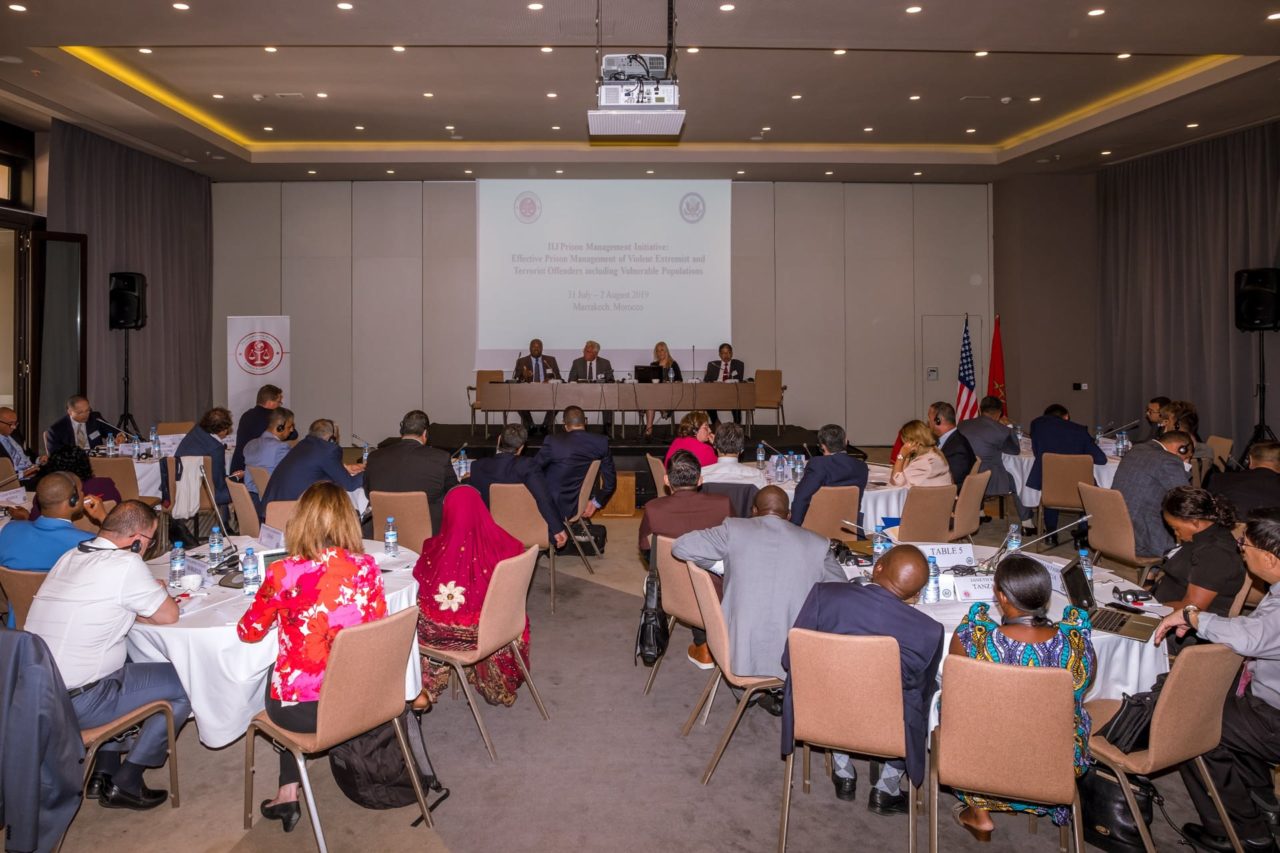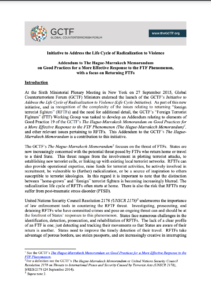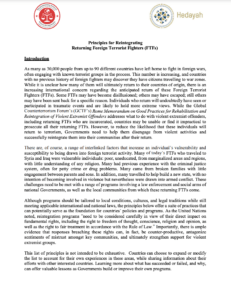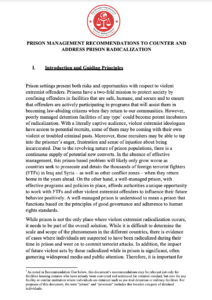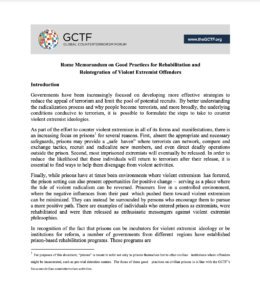Prison Management Initiative
Prisons can be breeding grounds for radicalisation to violence of disenfranchised individuals. Prisons with weak management processes and procedures are particularly at risk of becoming recruitment grounds for terrorist organisations; risks that are heightened as returning fighters and violent extremists are detained or imprisoned.
The IIJ’s current focus is on Risk Assessment of Violent Extremist and Terrorist Offenders, with two online expert meetings bringing together practitioners in the area of risk assessment to identify gaps, needs and challenges with regards to risk assessment, and good practices and information on risk assessment tools. The expert meetings are supporting development of a tailored curriculum and a train-the-trainer module for future capacity-building.
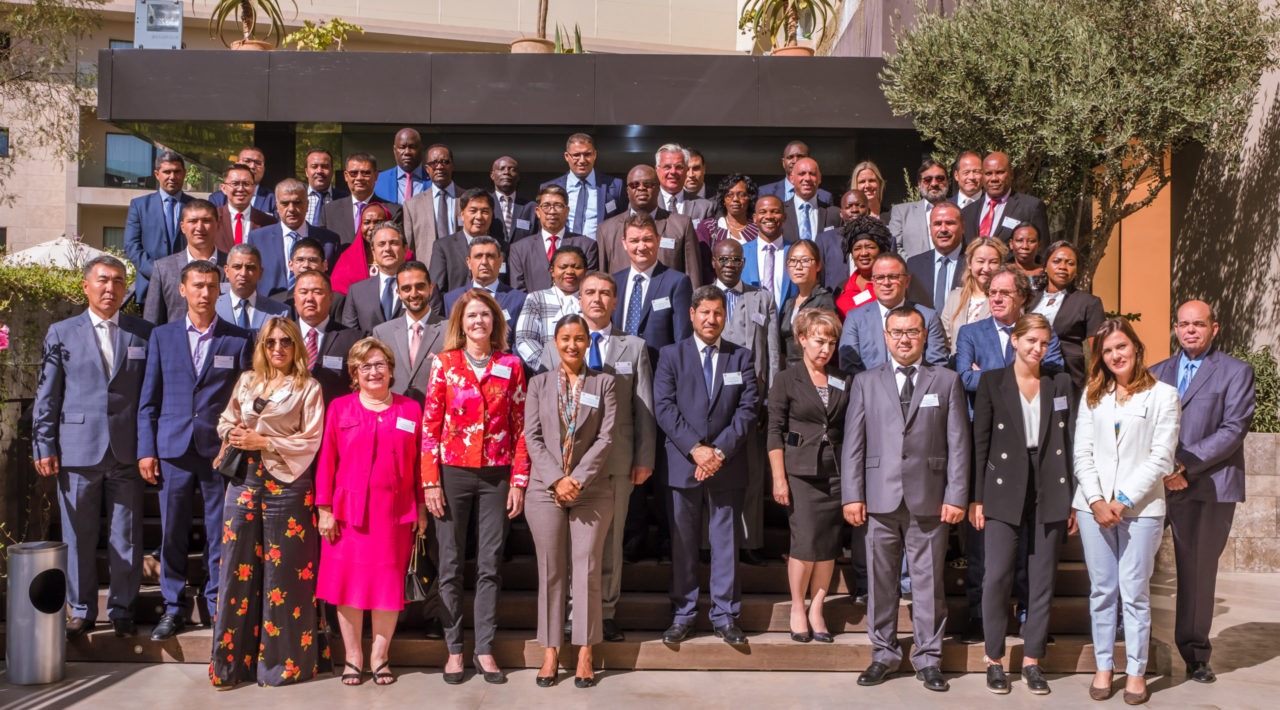
With support from the


Supporting Implementation of Good Practices for Rehabilitation and Reintegration
IIJ curricula supports implementation of the GCTF’s Rome Memorandum on Good Practices for Rehabilitation and Reintegration of Violent Extremist Offenders and actions called for in UN Security Council Resolutions 2178 and 2396, including measures to maintain a safe and human environment, and tools to assess and help address radicalisation to violence and terrorist recruitment within prisons. The IIJ also integrates the UNODC Handbook on the Effective Management of Violent Extremist Prisoners, and complementary workstreams by UNODC and the Council of Europe on critical areas such as prison intelligence and safeguarding HUMINT in the prison context, recruiting and using informants, and the benefits of multi-agency approaches to prison intelligence.
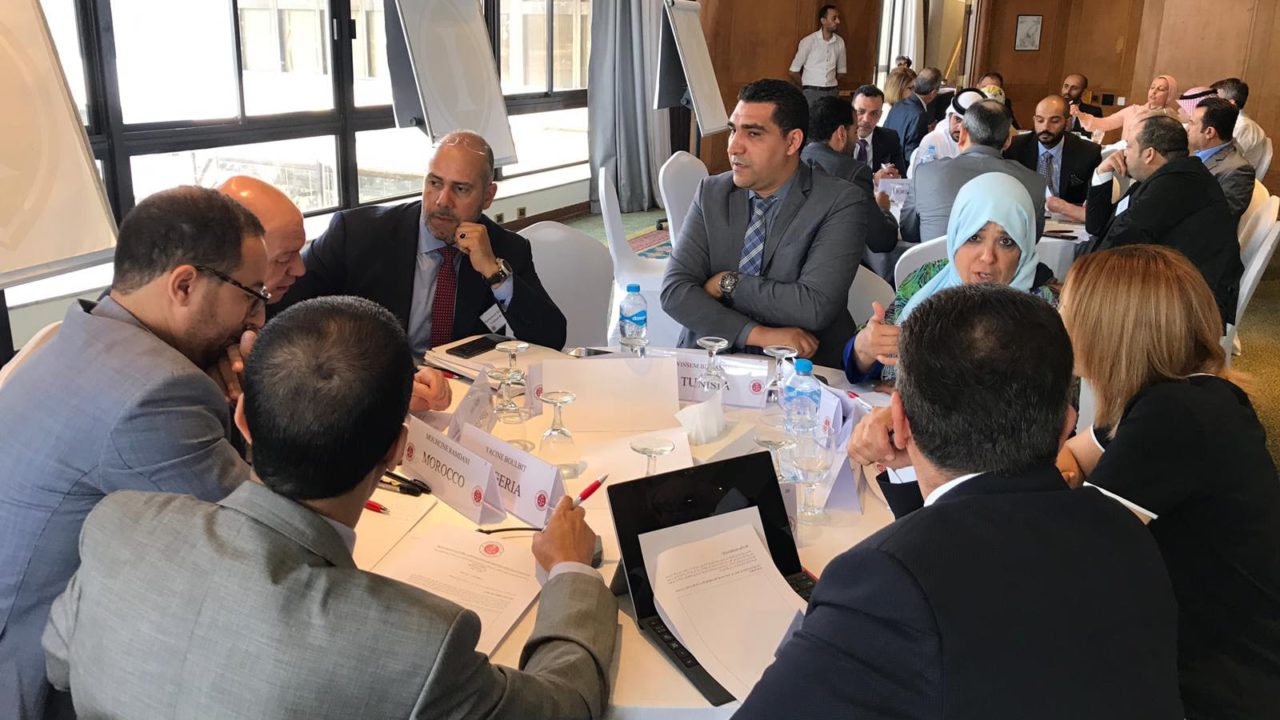
In Action
IIJ Prison Management Initiative: Second Online Expert Meeting on Risk Assessment of Violent Extremist and Terrorist Offenders
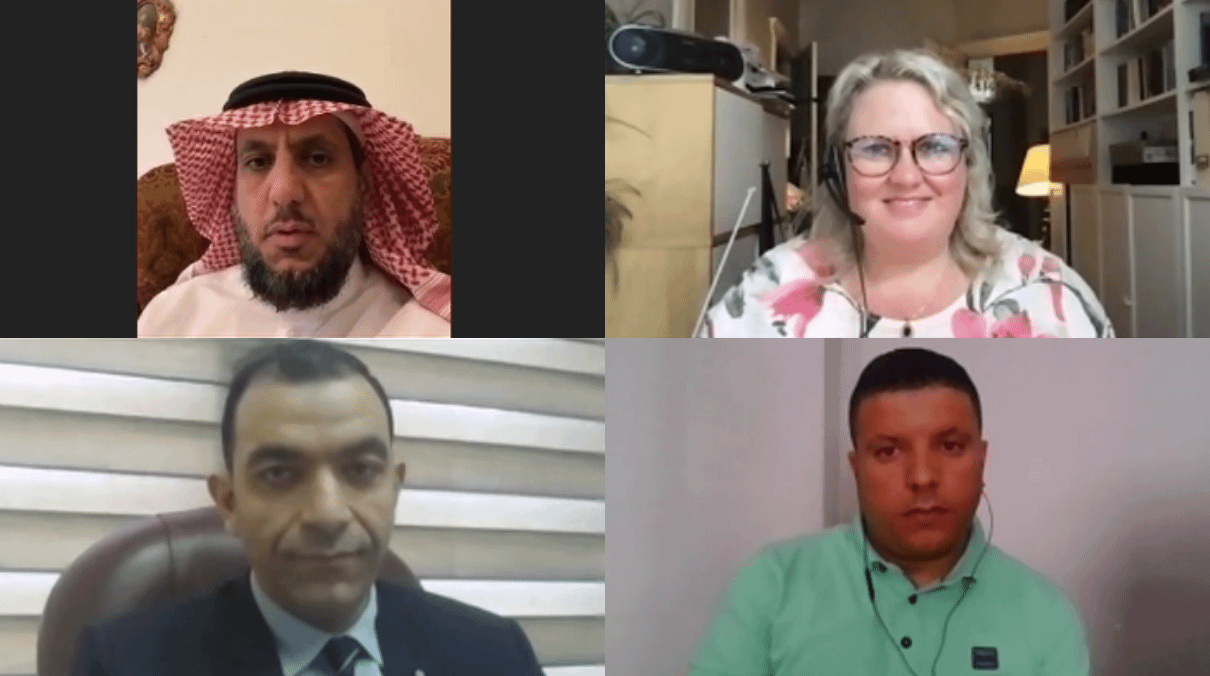
IIJ Prison Management Initiative: First Online Expert Meeting on Risk Assessment of Violent Extremist and Terrorist Offenders
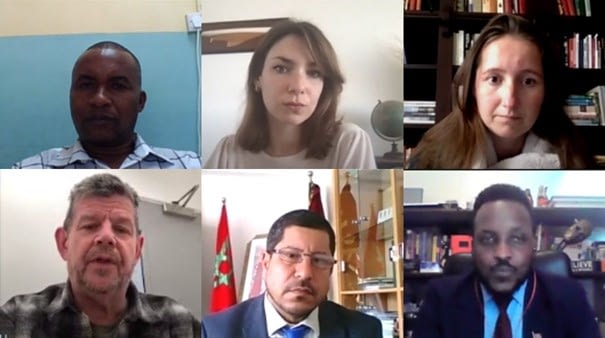
IIJ Prison Management Initiative: Effective Prison Management of VEs and TOs, including Vulnerable Populations
